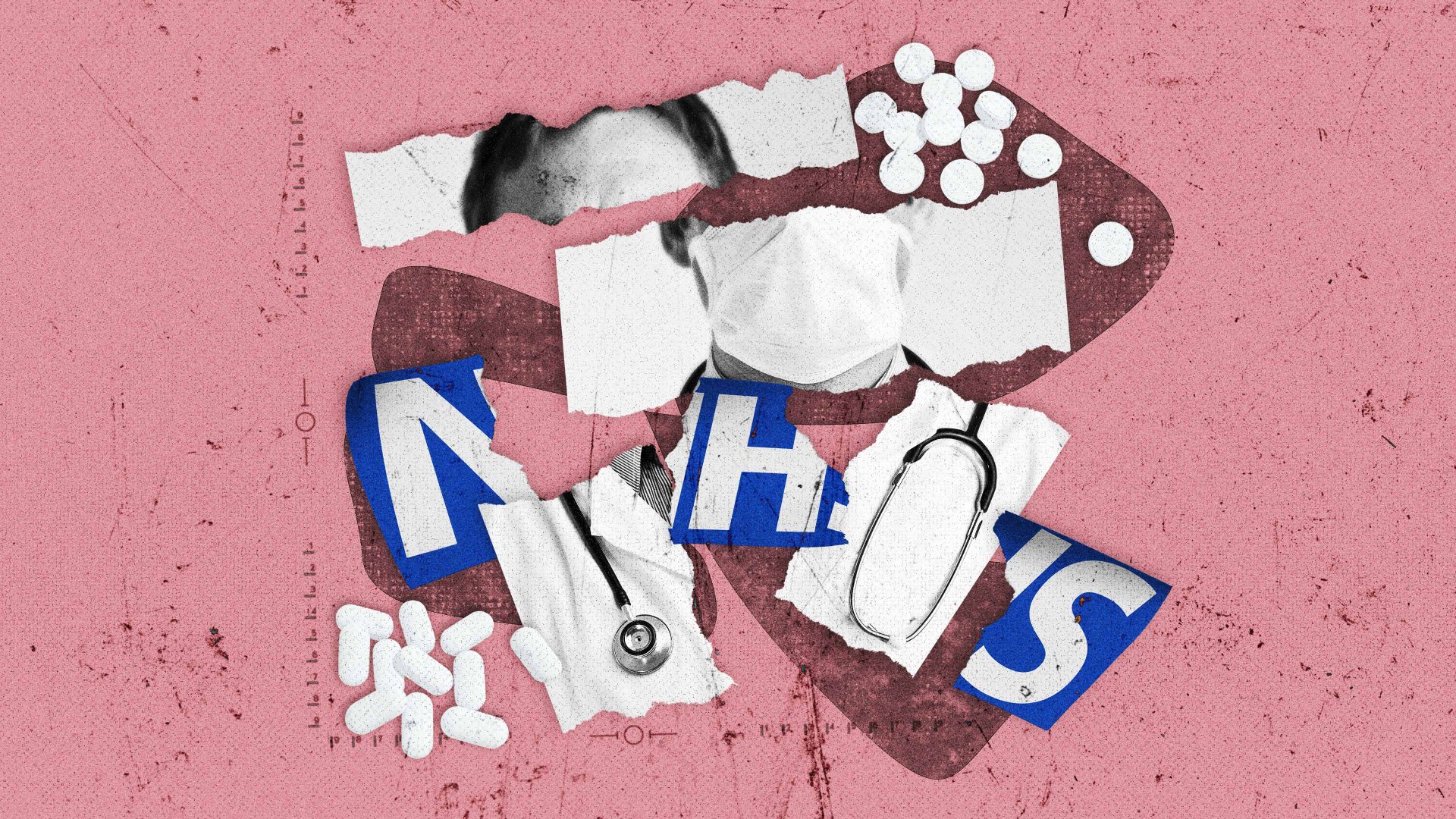There is a welcome ritual to signing death certificates. The book of blank forms is unique. Elongated and narrower than a standard A4 size, with hidden sections that catch out the unwary novice.
The language is archaic: ‘Date of death as reported to me ……..day of ……….; ‘Last seen by me on ……day of………….’ The weightiness reminds us that someday we will all be recorded in its pages. We’re on our third volume this year. Each life recorded in a few scrawled initials in the ‘receipt’ tabs.
Jane died yesterday. She has been dying for the past few weeks.
I’ve met her several times. She was sent home from hospital two Fridays ago after 5pm with no medicines and no support over the weekend. It happens. Everybody is very busy. Everybody is trying their best. I’ve never met her before. It’s July – her usual doctor is on holiday.
I met her husband Nick for the first time last Monday morning. He was fast asleep next to his wife when I arrived. She was breathing peacefully, her mouth open. He was curled up facing away from her – but their hands were entwined. I didn’t want to wake him but their daughter Amy shook him gently awake. ‘Dad. Dad. The doctor’s here’.
The bags under his eyes told of the strain of the weekend. He cried several times.
‘I just didn’t know what to do.’ He said, watching her. ‘I was sure she was in pain. She was moaning and moaning. But I didn’t know what to give her. We called 111 but they didn’t call back for 3 hours. She kept moaning…’
Jane didn’t wake up when I was there. We kept her comfortable, firstly with liquid medicine and then an injection pump. I never got to meet her. I never knew her – but I feel I know her well.
I went back one day on my day off. It is difficult to explain the responsibility GPs feel to their patients – particularly those who have limited time. It is difficult to measure, quantify and capture, and therefore has no value for policymakers or politicians. However, it is one of the things that gives our job – and our lives – meaning. Sometimes that means we visit on our days off.
I arrived with my dog, who was speedily kidnapped by Jane’s granddaughter. Nick had resurrected an old projector and the kitchen table was laden with prints. I waited expectantly, cup of tea in hand, as he flicked through the stacks, trying to find the best ones. ‘I never had them uploaded at the time’ he told me, ‘we were too busy living…but now…’
I looked at the projection of the selected prints as they flashed up onto the kitchen wall. The first showed a young woman cradling a bright, chubby baby. She was smiling at the camera as she danced around with the child in front of a formal rose garden. ‘That was her parents’ garden,’Nick confirmed for me, ‘I always felt like a child when we were there – but then we had Patrick and he was so beautiful. I knew I was a Dad then.’
The next slide flashed up – another of the young Jane kneeling in front of her parents’ house, smiling happily at the camera. She is beautiful – as young women with new families often are – and so very happy.
Jane is in her 80s. She suffered a series of strokes a few years ago and has gradually become increasingly dependent. Her small bungalow has become a prison – the effort of living constraining her within its walls. Nick has been her main carer. He has just about stayed on top of feeding her and keeping her clean and comfortable. He has had no choice. Perhaps her latest chest infection is a blessing for them both. Perhaps it might be a release…or a reprieve. They have valued the last weeks they have had – together.
We don’t often have this time any more for our dying patients. I was lucky. I found the time. Our practice is lucky – we think relationships matter and we work hard to support them. We find the time. But it isn’t easy. Unless we have known a patient and their family for years – an increasingly rare feat – we often manage little more than a few weeks of an intensive decline. It is a sad and unsatisfying way to practice.
Perhaps one day a politician will hold the book of death certificates and feel that weight. Perhaps one day they will feel what it is like to sign off a life. Perhaps then it will have more value. Until then, we will continue to give our days off.
Jane’s funeral is in two weeks’ time. She will be buried in the churchyard next to her parents.










